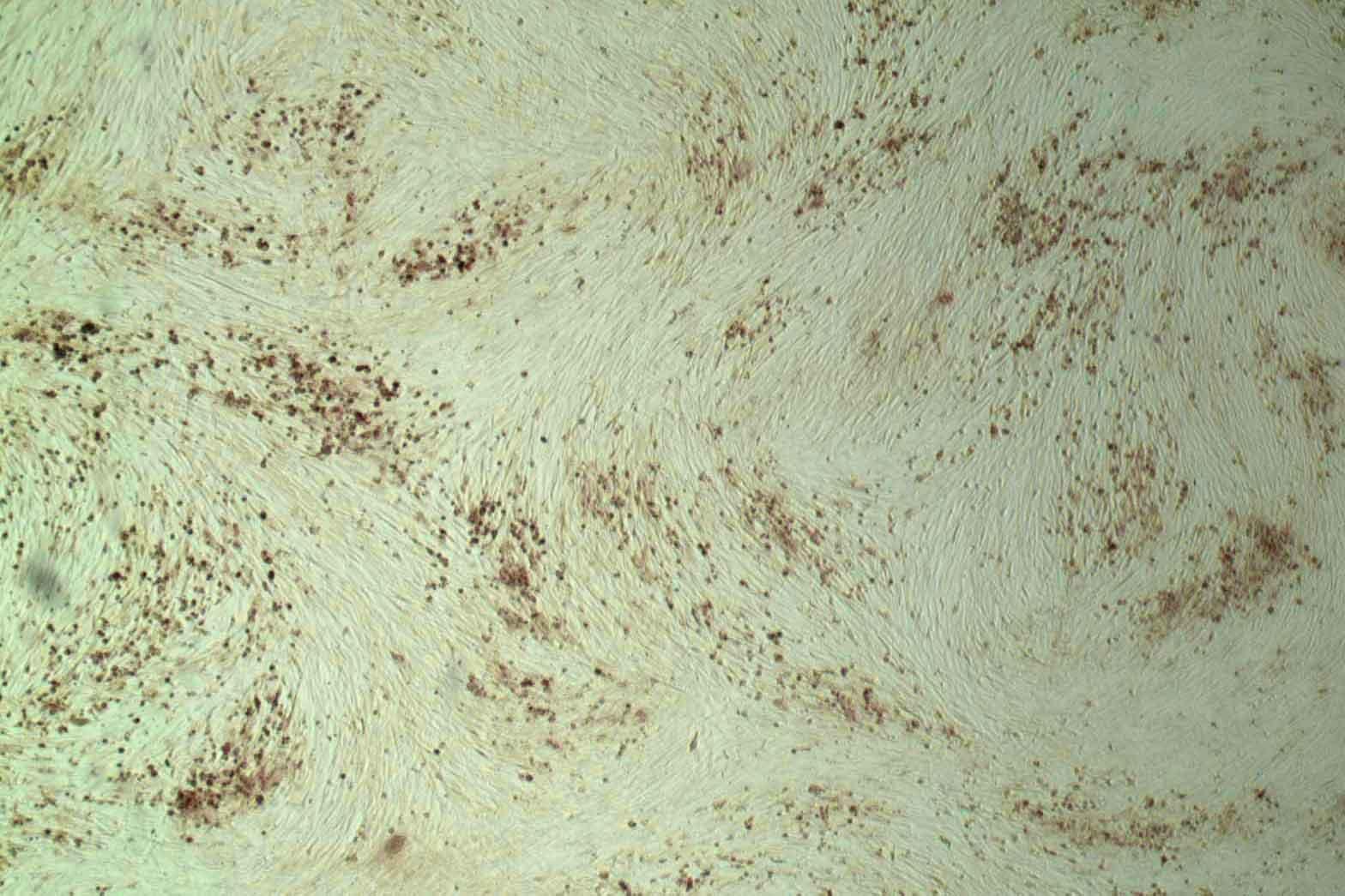Researchers from The Pirbright Institute have shown that glutamine, a protein building block, is essential for the replication of Marek’s disease virus in chickens. Their study revealed that cells infected with the virus were unable to survive glutamine deprivation, a finding that could be used to develop treatments for the disease.
Glutamine, an amino acid, is produced by muscle tissues as a source of energy and to facilitate the creation of vital chemicals in the body. It also provides cells with the nitrogen and carbon needed for cell structure maintenance and growth. However, healthy cells are able to function without glutamine provided there are other energy sources available.
Published in the Journal of Virology, the researchers demonstrated that the chicken cells infected with Marek’s disease virus display an ‘addiction’ to glutamine and are unable to survive in its absence. These results indicate that viral replication depends on the availability of this amino acid.
Dr Shahriar Behboudi, Head of the Avian Immunology group at Pirbright, said: “We found that Marek’s disease virus increases uptake of glutamine and switches the cell machinery to use its nitrogen for protein and nucleotide synthesis to replicate. The survival of infected chicken cells becomes dependent on the presence of glutamine, so they exhibit what we term ‘glutamine addiction’.”
Marek’s disease virus causes a deadly cancerous disease in chickens. It is a highly contagious and poses a major threat to the poultry industry with losses of up to $2 billion per year worldwide. This latest research brings scientists a step closer to understanding how Marek’s disease virus manipulates the cell’s resources to replicate, and could inform development of treatments that block glutamine uptake to alleviate infection and reduce the spread of the disease.
Image shows Marek’s disease virus plaques (brown spots) in infected chicken cells viewed using light microscopy.
